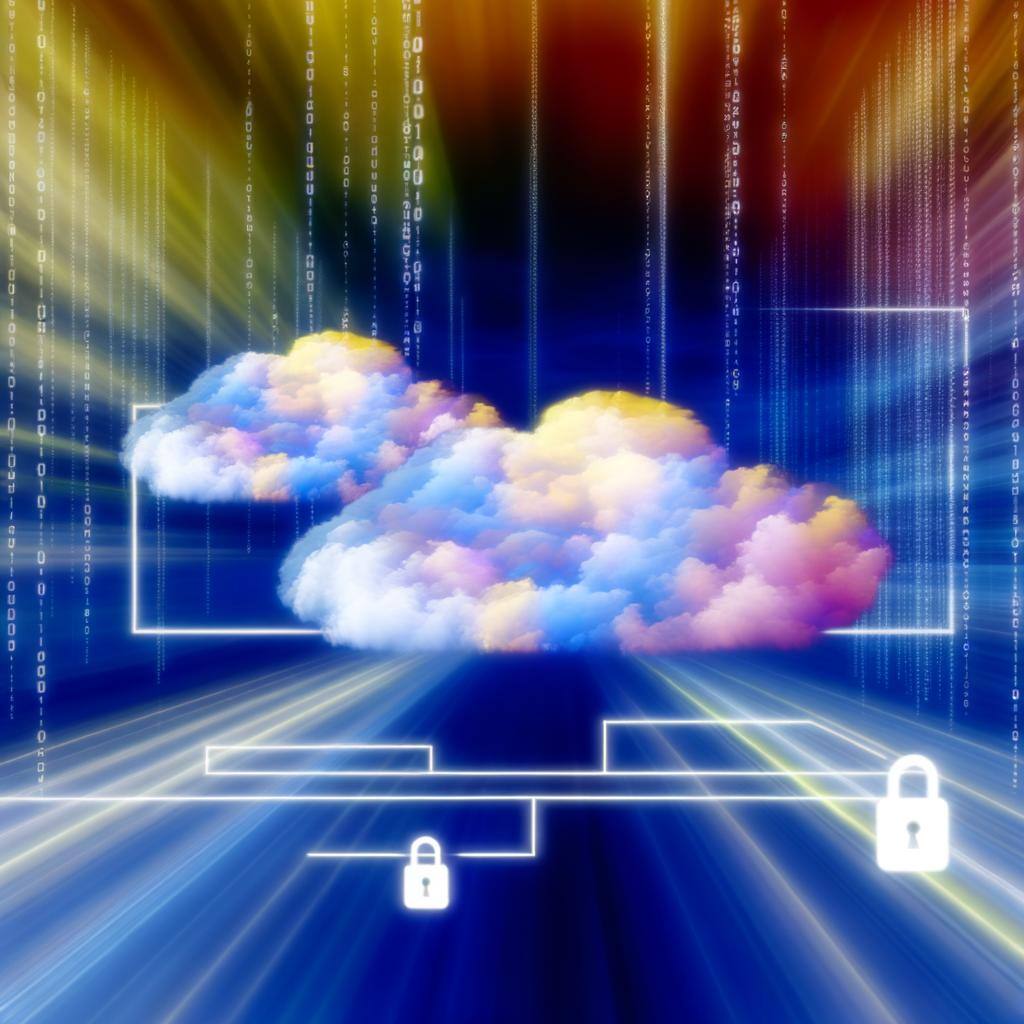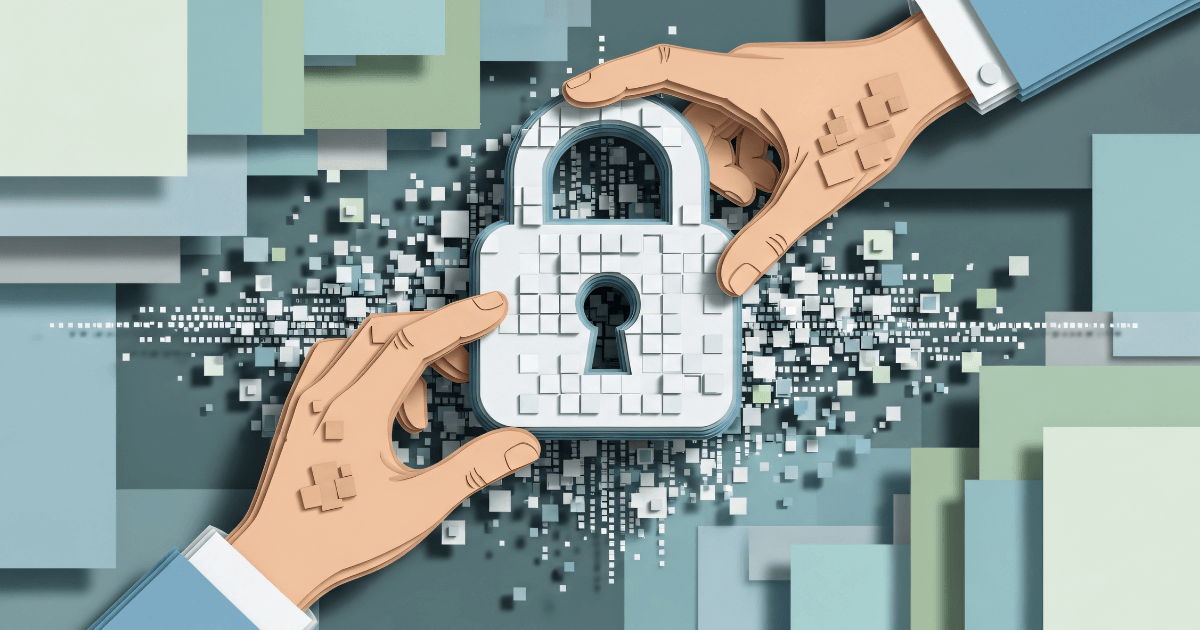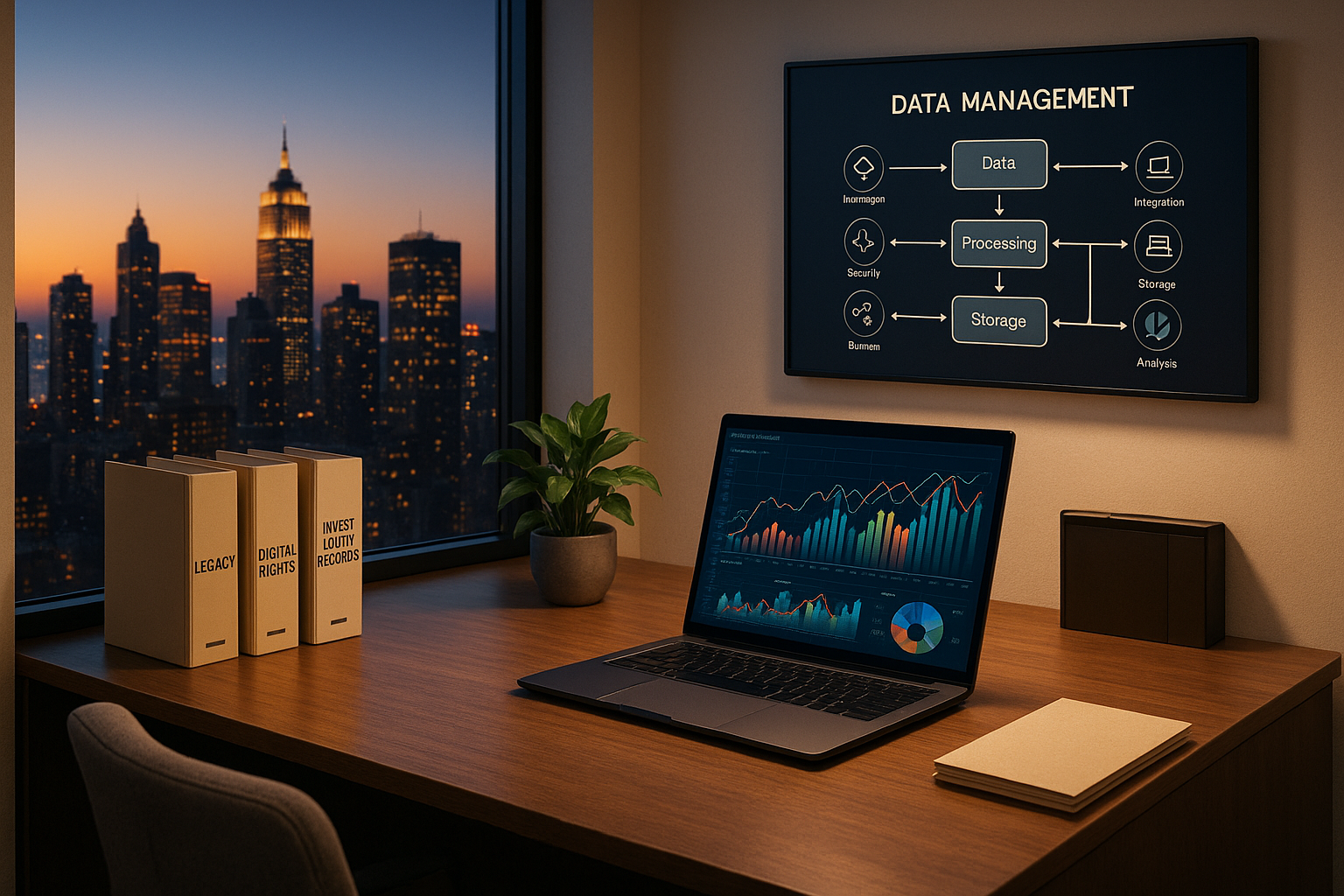5 min read
Meeting the New, AI-Enabled Face of Risk
When we introduced our OmniNet Bridge solution in 2014—known to many of you as My Digital Shield—it represented the next generation of network...
3 min read
 Brad Deflin
:
January 28, 2015
Brad Deflin
:
January 28, 2015

The planet's adoption of mobile computing is one of the most powerful and profound cultural, social and economic shifts in history. Smartphones, tablets, and pads have driven our use of online technology to include every aspect of our lives and are at the hub of almost everything we do. Our appetite for ubiquitous, rich access to information is driving massive amounts of data to "the cloud" at an unprecedented rate. That's your data, my data, our data. It's all the banking, shopping, browsing and the communication of our most personal and tender information, and it either resides in the Internet's clouds now, or it will soon. The implications for your digital security are serious and include identification theft, fraud, financial loss and personal safety.
Why is this dramatic shift to mobile and ubiquitous Internet connectivity meaningful to your digital security and everything that is important to you? Two reasons:
The forces of change will affect almost every aspect of your daily life.
Without awareness and some adjustment, your personal security and safety will be at risk.
3 Cloud Basics
The Cloud - An ether of information.
Maybe one reason the concept of Internet clouds in hard to grasp is a confusion in terms. "The Cloud" is simply an abstract, visual metaphor for the Internet with wireless connectivity. Like the atmosphere, wireless Internet access is everywhere you are. To accommodate the massive demand for wireless, mobile access to information, providers now store everything on centralised data servers that are interconnected by the Internet. It's no longer an "information superhighway", but rather an "ether of information".
Cloud Computing - Let them do the driving.
In its simplest form, cloud computing is a matter of using remote data processing. All the processing and management aspects of information technology take place at a location that is remote from the actual user. This explains Apple computers' lack of a CD/DVD player, and the fact that the hard disk on your laptop is actually smaller than it was just a few years ago, after growing many-fold since we first began using personal computers.
With cloud computing, you can put the heavy-lifting of technology on the other side of the internet in lieu of at the user's actual location. Add some bandwidth and all you need is a method of input to the computer (mouse, keyboard, your thumbs) and a way to receive output (the screen or other form of representation, such as a hologram). Everything else, although ubiquitously accessible, resides remotely and off of the user's personal technology.
Computer Virtualization - Computers reproducing more computers, virtually.
Understanding computer virtualization takes some orientation and depth to wrap one's head around. Let's give it a shot.
Virtual computing is when one computer acts like another or many others, simultaneously. It's hardware using software to create more hardware and software environments, without more hardware. For example, in our office we use Apple Macs but can run them to look and feel just like a Windows system. We can use both systems at the same time, Apple OS X and Microsoft Windows, switching from one to the other with a mouse click.
While our hardware is all Mac, we don't need a Dell or other Windows computer to operate in a Windows environment; we just virtualize it with software. In virtualized computing, a single computer can host a Mac user, a Windows user, and a multitude of other users in any combination of operating environments.
Virtual computing has reached a global, industrial level scale and is a key piece to the Internet's cloud architecture and cloud computing.
Why's It Such a Big Deal?
The Internet liberated information. The cloud is liberating the Internet. Information is being stored, processed and shared at blindingly fast rates that are growing exponentially.
Who's in control? Hint: It's not you.
Mobile information is being transmitted over the Internet at rates that have been growing exponentially for decades, and yet continue to accelerate. This will continue to be the case as we enter an age of IOT (Internet of Things) where we intersect with a fabric of technology through every aspect of our daily lives. As individuals, if we don't increase our awareness of the matter, shore in the outflow of our personal information and take preventative measures, we will lose control to those with intent likely not our own.
It's not a leap to comprehend the security and safety implications to the information ethernet. It's almost assured that without protection your location, status, intent and every detail of your activity is digitally recorded and transmitted to "the cloud", where like a gas it's diffused, absorbed and left for what or who will come.
Coincidentally, information has become a valuable commodity highly sought after by governments, corporations, criminals and creeps alike.
Part II - What You Can Do About It.
 Click here for previous reports, or subscribe below to receive Part II next week.
Click here for previous reports, or subscribe below to receive Part II next week.
Why Internet Crime Defines the Face of Risk Today.
Privatizing Your Internet Technology.

5 min read
When we introduced our OmniNet Bridge solution in 2014—known to many of you as My Digital Shield—it represented the next generation of network...

9 min read
Over the past decade writing these letters, I’ve made it my mission to help you navigate the digital age with confidence and resilience. If I have...

4 min read
For generations, family offices and ultra-high net worth families have mastered the art of estate planning — preserving wealth, ensuring succession,...